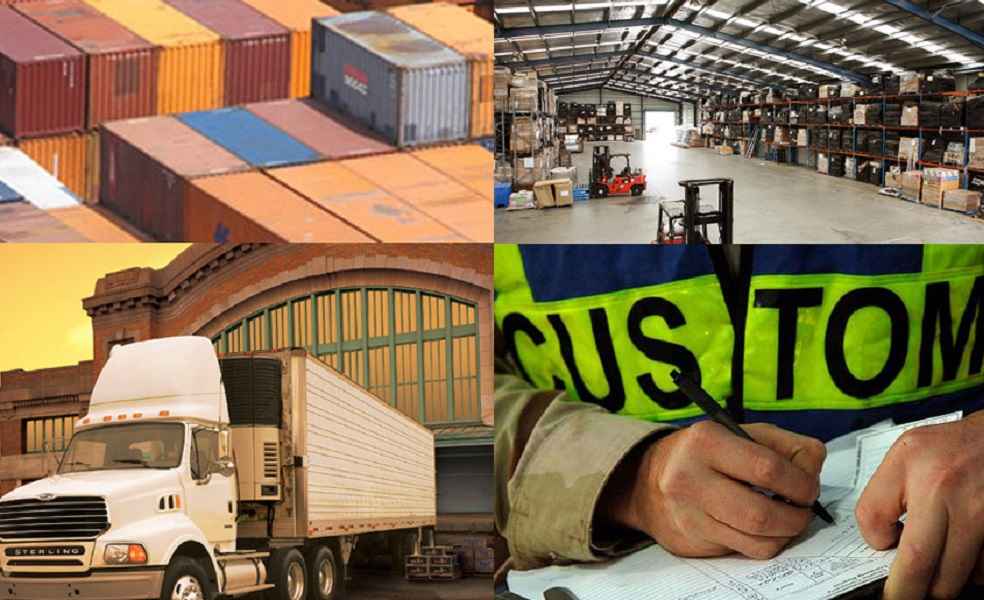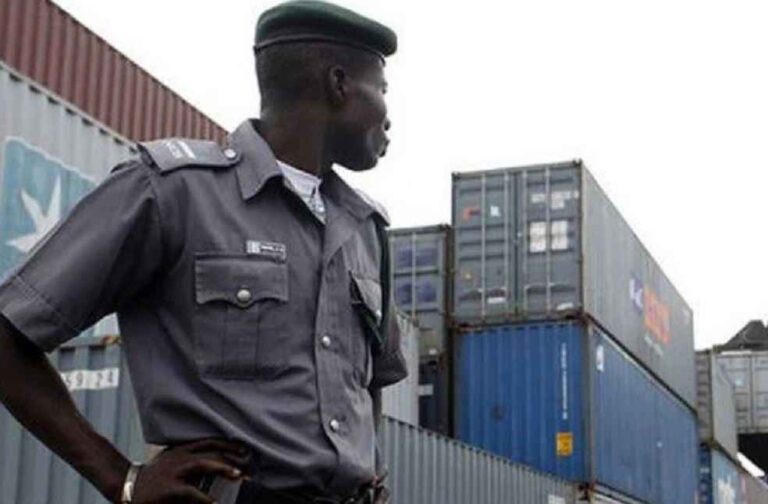Nigeria Customs Service (NCS) has forged a partnership with the World Customs Organisation (WCO) and the Nigerian Energy Support Group to introduce and educate stakeholders on advanced ruling systems in the trade sector.
During an event in Lagos, Comptroller-General of Customs Adewale Adeniyi, represented by Zone A Coordinator Saidu Yusuf, underscored the advanced ruling system’s role as a crucial global trade facilitation tool. This platform enables importers or their representatives to apply to the NCS for rulings on the classification, valuation, origin, or status of their consignments.

According to Yusuf, this system determines whether products to be imported are covered by the end-user certificate or face restrictions. Specific pre-importation requirements, such as those for items like fish, must be met to ensure compliance with national regulations.
Adeniyi highlighted Section 24 of the Customs and Excise Management Act, which empowers NCS officers to prohibit unwholesome goods’ importation. The new platform mandates applicants to declare the status of items to be imported, allowing officers to query the classification, types, origin, and valuation of consignments beforehand.
Upon completing the status declaration, a certificate will be issued to the consignee for a moderate government-set fee. This system aims to curb the illegal importation of firearms and substandard goods, protecting the domestic market.

“These guidelines are key tools of the World Customs Organisation as well as the World Trade Organisation. By the time the program becomes fully operational, it will ensure that our role as officers is showcased. It would also show whether the imported items are covered by the end-user certificate or not,” Adeniyi stated.
He reaffirmed that the advanced ruling system would align Nigeria’s trade processes with international best practices, boosting transparency and efficiency in the importation sector.
BUSINESS GENERAL | Bangladesh, Vietnam Lead Cotton Boom by 2033: OECD FAO Report



